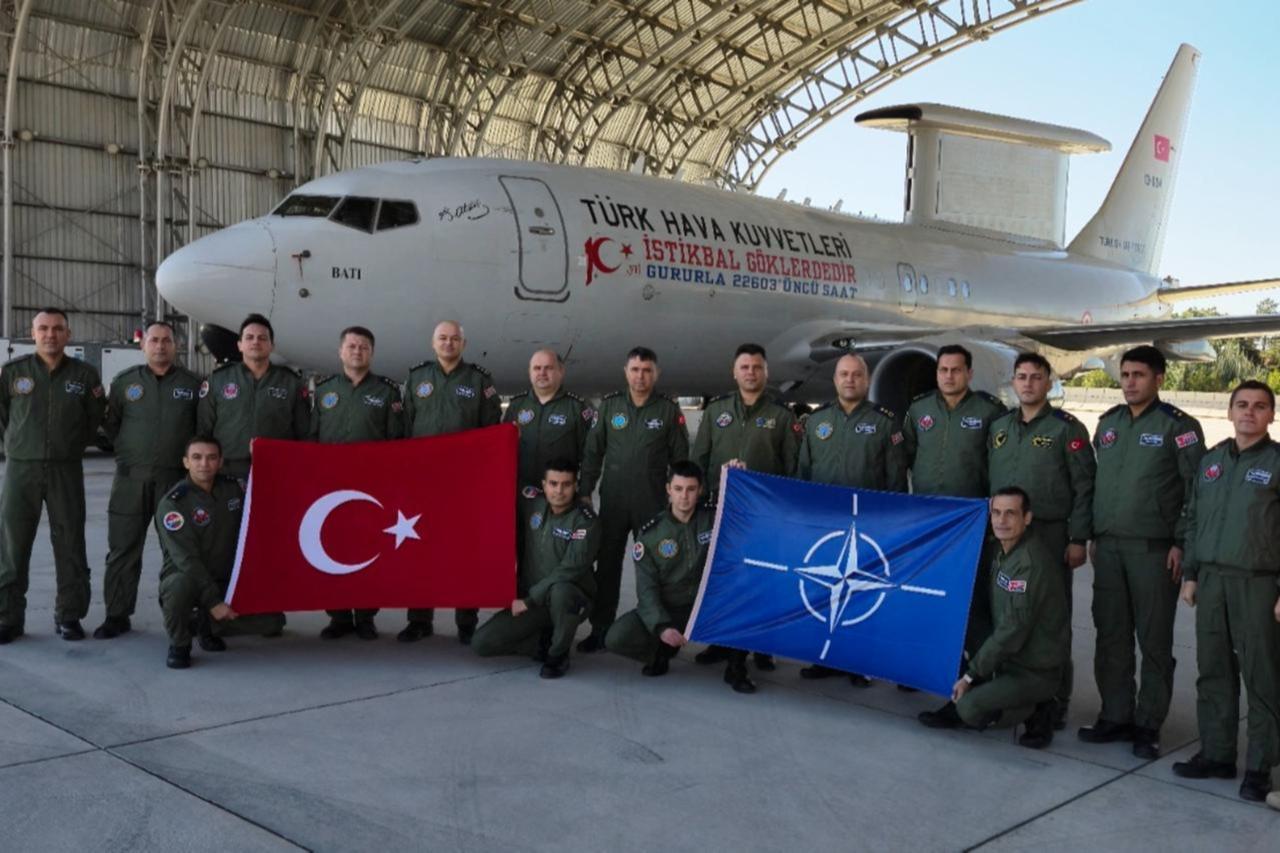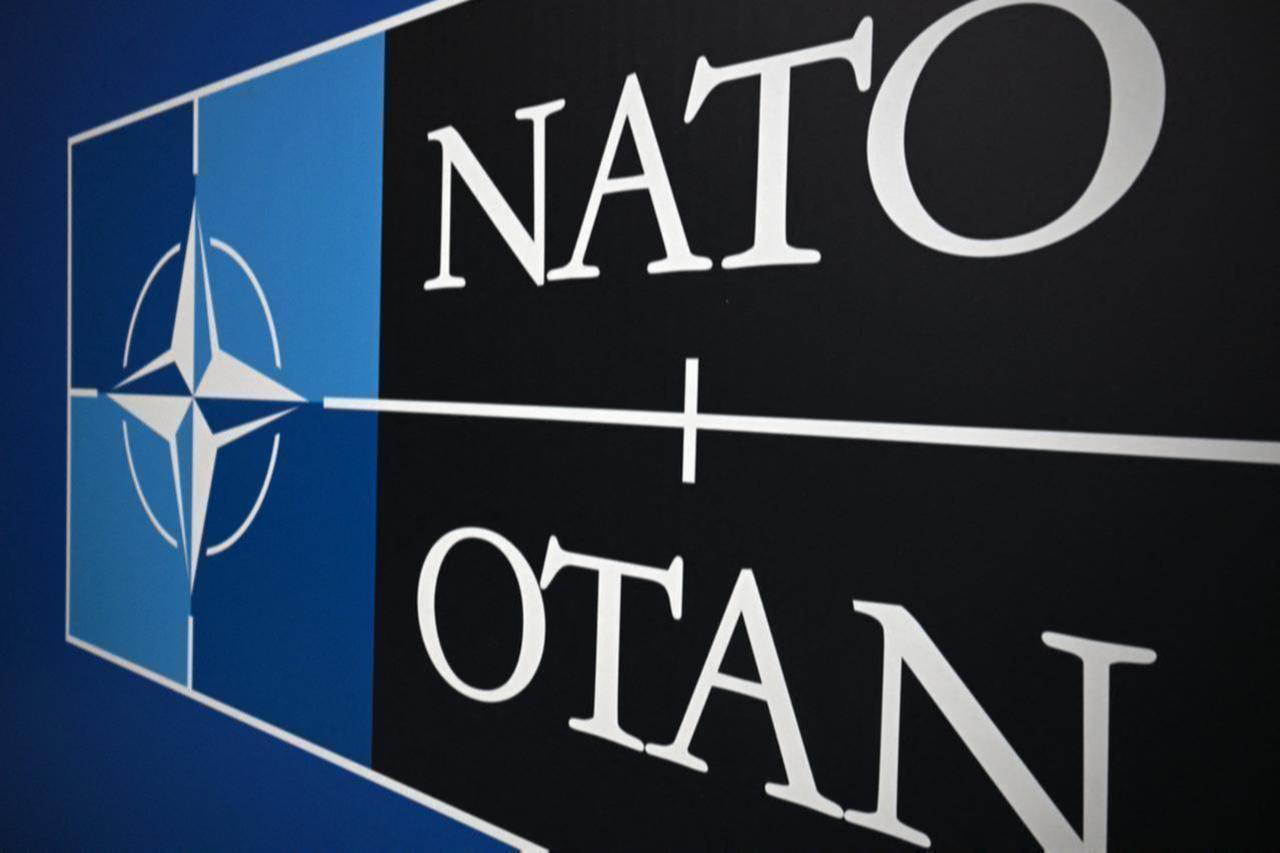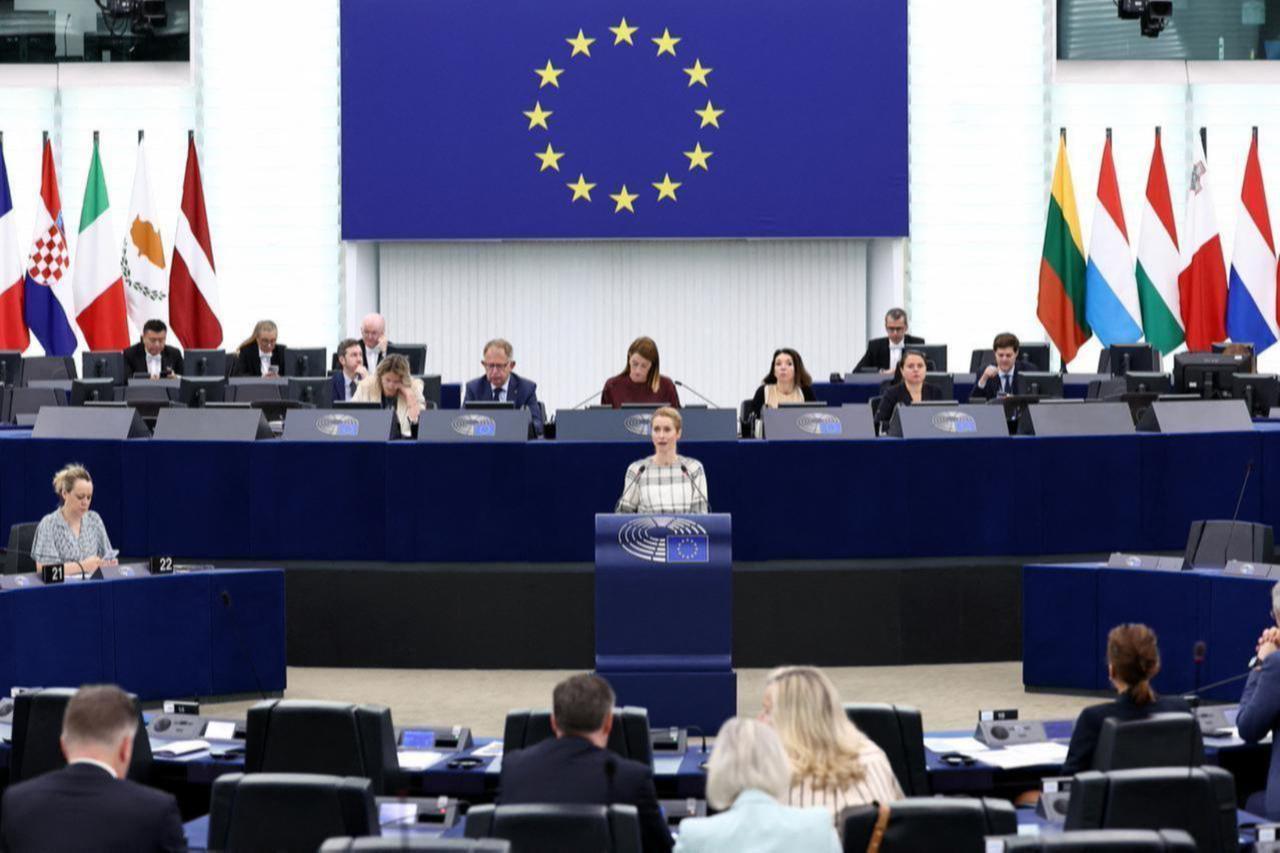
Türkiye's ambassador to NATO delivered a sharp critique of European Union defense initiatives on Monday, warning that creating a separate military alliance within the existing transatlantic framework would weaken European security and discriminate against non-EU NATO members.
Ambassador Basat Ozturk told a gathering of business leaders in Brussels that the concept of an independent EU defense union risks dividing the continent at a time when unity remains essential for collective security. "No alliance within an alliance," Ozturk said, arguing that establishing a separate defense structure for the EU's 500 million people makes little strategic sense when NATO already encompasses 1 billion people across Europe and North America.
Speaking at the EU-Türkiye Business Summit organized by the Foreign Economic Relations Board and European Business Summit, Ozturk framed his argument around principles established at the end of the Cold War, when European leaders embraced the vision of "a whole, free and peaceful Europe."

The Turkish diplomat emphasized that NATO continues to serve as the primary guarantor of European defense, bringing together both EU and non-EU European nations alongside North American allies. He cautioned that efforts to build parallel EU defense structures could create dangerous divisions among allies who face common threats.
Ozturk noted that security architecture cannot function effectively if divided along institutional lines. He questioned whether an EU-specific defense structure could provide adequate deterrence without major NATO members including Türkiye, the United Kingdom, the United States, Canada, Norway and Iceland. "Can this continent be defended?" he asked. "These are not political questions; they are essentially mathematics and geometry."
The ambassador highlighted Türkiye's role as NATO's second-largest military force and third-largest contributor to alliance missions and operations. He stressed that geography binds European nations together regardless of institutional preferences. "You cannot change geography," he said. "Whether you like it or not, this geography unites us forever."

Ozturk raised technical concerns about the EU developing separate defense standards, warning this would undermine the interoperability that NATO has spent decades building through common procedures and equipment specifications. "If the EU starts developing its own standards, there can be no talk of interoperability," he said.
He also pointed to what he characterized as duplication, with the EU replicating existing NATO projects and initiatives. This redundancy wastes resources, money and energy that could be directed toward genuine security needs, according to the ambassador.
Ozturk specifically cited Türkiye's exclusion from the EU's Permanent Structured Cooperation military mobility project as evidence of discrimination against non-EU NATO members. Under EU regulations, Turkish forces would be unable to move across EU territory even though Türkiye maintains the alliance's second-largest army and would provide reinforcements in a worst-case scenario, he said.
The ambassador urged the EU to focus on collective interests rather than the narrow preferences of individual member states, stressing that inclusivity should guide all policy decisions affecting European security.
He warned that current trends point toward a dangerous "decoupling" between NATO and EU defense initiatives, potentially fragmenting the unified security architecture that has protected the continent for more than seven decades. "If we divide, we weaken," Ozturk said. "If we divide, we fail."
The 1949 North Atlantic Treaty, which established NATO, remains the binding framework for collective defense, the ambassador noted. While the EU has important treaties of its own, these cannot and should not replace NATO's role in security and defense matters, he argued.